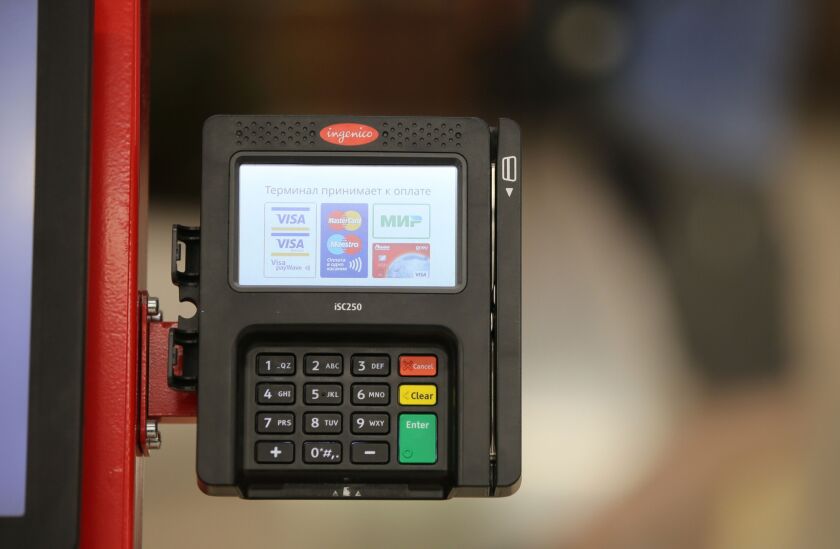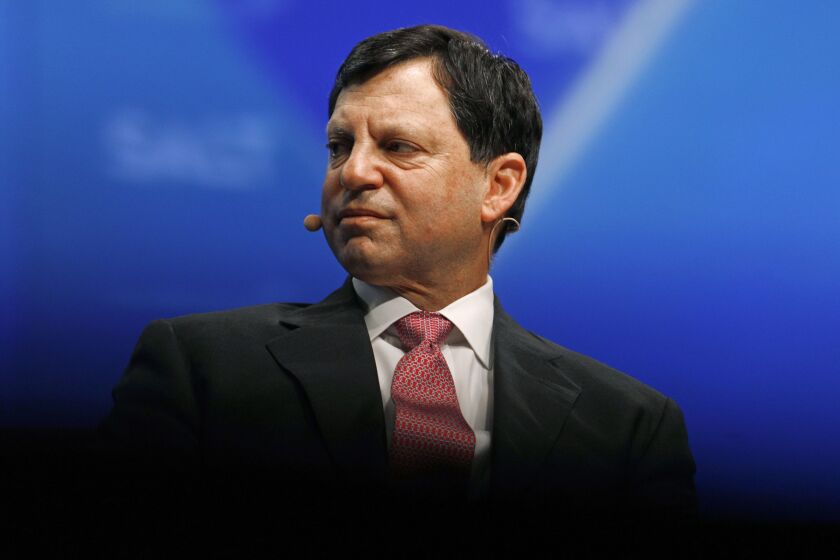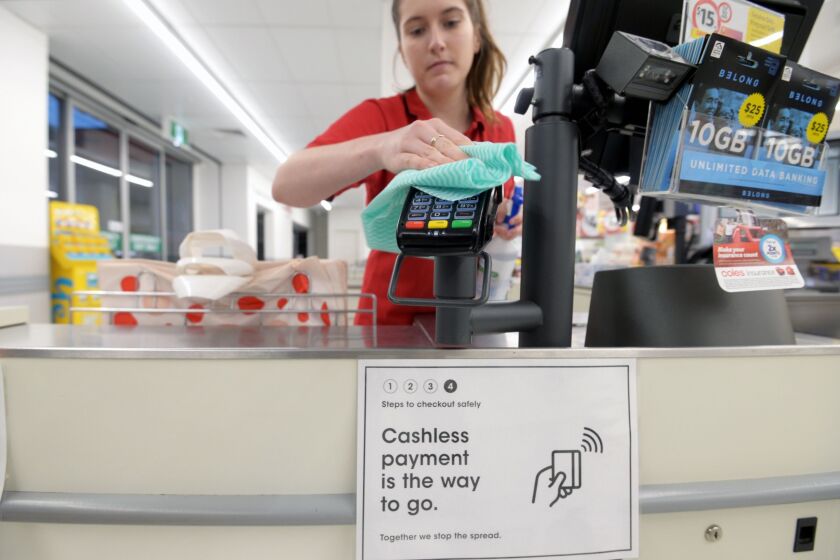If the mega payments deals of 2019 left the acquiring landscape somewhat scorched, the COVID-19 pandemic planted new seeds to allow ISOs to grow by quickly converting merchants to electronic payments.
The coronavirus outbreak initially looked like it might torpedo U.K.-based Paysafe’s plan to expand in the U.S. in 2020. But several months into the pandemic, the payments conglomerate sees ways it can grow by helping bruised small businesses retool operations.
Square's gross payment volume tumbled by 15% year-over-year due to COVID-19’s impact, but revenue jumped as online selling rose, Cash App doubled in users and Square enabled almost $900 million in PPP loans.
The point of sale terminal industry was already under pressure to go digital before the coronavirus pandemic made this transition much more crucial to its survival.
Payment processor Elavon purchased Sage Pay four months ago, completing the acquisition on March 11. Two days later, Elavon's entire workforce was operating remotely as the coronavirus forced it into lockdown.
Businesses affected by the pandemic are accepting online and touchless in-person payments from consumers with the help of technologies developed originally for B2B invoicing and payments.
Alfie’s Beer Bus found a niche as an offbeat character at events in the U.K. — like an ice cream truck, only with alcohol. Then the coronavirus came.
When Fiserv purchased First Data in 2019, it was part of an industrywide push to combine bank and merchant technology under one roof. A year later, a key piece of First Data’s technology — and its top executive — have become Fiserv’s path through the coronavirus crisis.
When the coronavirus pandemic began, Square pushed hard to get a bigger share of merchants' online sales and consumers' stimulus spending — and even received its long-desired bank license — but found that this wasn't enough to offset the effects of the crisis.
Merchant acquiring is a very face-to-face, sales-oriented business. And that culture has to change before any acquirers can convince their clients that they know how to adapt to the coronavirus pandemic.














